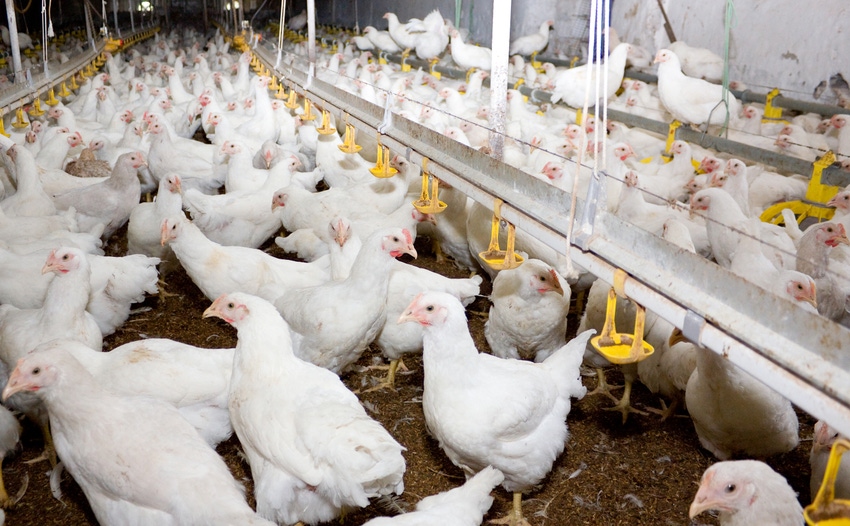Poultry experts urge preventative action to limit additional spread of deadly avian disease.
April 16, 2019

Top poultry experts from the California Department of Food & Agriculture (CDFA), academia — the University of California-Davis (UC-Davis) — and private industry (Foster Farms), along with nearly 100 urban farmers and backyard poultry owners, gathered April 15 in Dublin, Cal., to discuss ways to prevent further spread of the highly contagious virulent Newcastle disease (VND).
Although only a single case was recently diagnosed in northern California’s Alameda County and is no threat to human health, more than 1.1 million birds have been lost to VND in southern California since May 2018, with additional cases confirmed in the past week.
The poultry experts are urging preventative action to limit any further spread of this deadly avian disease. Spread of VND to California’s Central Valley could be catastrophic to local economies, farming communities and backyard poultry enthusiasts, according to an announcement from Foster Farms.
California is home to more than 100,000 backyard chicken flocks, and northern California houses 95% of the state’s commercial poultry industry, the announcement said. Effects of this disease are equally devastating to backyard poultry and commercial flocks and pose a risk to the food supply, state economy and many northern California communities that depend on poultry and egg production.
The VND outbreak has prompted strict quarantines across Los Angeles, San Bernardino and Riverside counties in California and $45 million in emergency funding from the U.S. Department of Agriculture. In the first week of April, VND was detected in Arizona and is believed to be linked to the current outbreak in California.
The last major California VND outbreak in 2002-03 cost nearly $170 million to eradicate, and nearly 4 million birds were depopulated.
At the meeting, California state veterinarian Dr. Annette Jones reinforced the importance of a collaborative approach, increased vigilance and biosecurity in stopping the spread of VND.
“In partnership with Foster Farms and the California Poultry Federation, we are bringing together some of the best minds in the poultry industry to provide the latest information to owners and give them useful tools and tips to safeguard birds and report concerns,” Jones said.
“Although Foster Farms flocks have not been affected, our commitment as veterinarians is to ensure that all birds are protected,” said Robert O’Connor, a veterinarian with Foster Farms and one of the workshop speakers. “That is why, along with the California Department of Food & Agriculture, the California Poultry Federation and UC-Davis, we are sharing our knowledge and experience with backyard poultry enthusiasts. We all have a part to play in keeping our flocks safe and containing this deadly avian disease.”
Foster Farms, a family-owned poultry company based in Livingston, Cal., and the California Poultry Federation hosted the workshop to increase public awareness and provide access to critical resources. The seminar covered standard biosecurity measures, signs and symptoms of VND and resources available to backyard poultry owners should birds become sick. Organizers issued an infographic outlining steps to prevent VND and encouraged participants to share the information on social media.
Additional resources include the websites of CDFA, USDA's Animal & Plant Health Inspection Service and the California Poultry Federation.
Besides Jones and O'Connor, the workshop featured Foster Farms veterinarian and biosecurity expert Dr. Charles Corsiglia, poultry science specialist Dr. Maurice Pitesky and veterinarian pathologist Dr. Asli Mete from UC-Davis and the California Animal Health & Food Safety Laboratory.
You May Also Like


.png?width=300&auto=webp&quality=80&disable=upscale)
